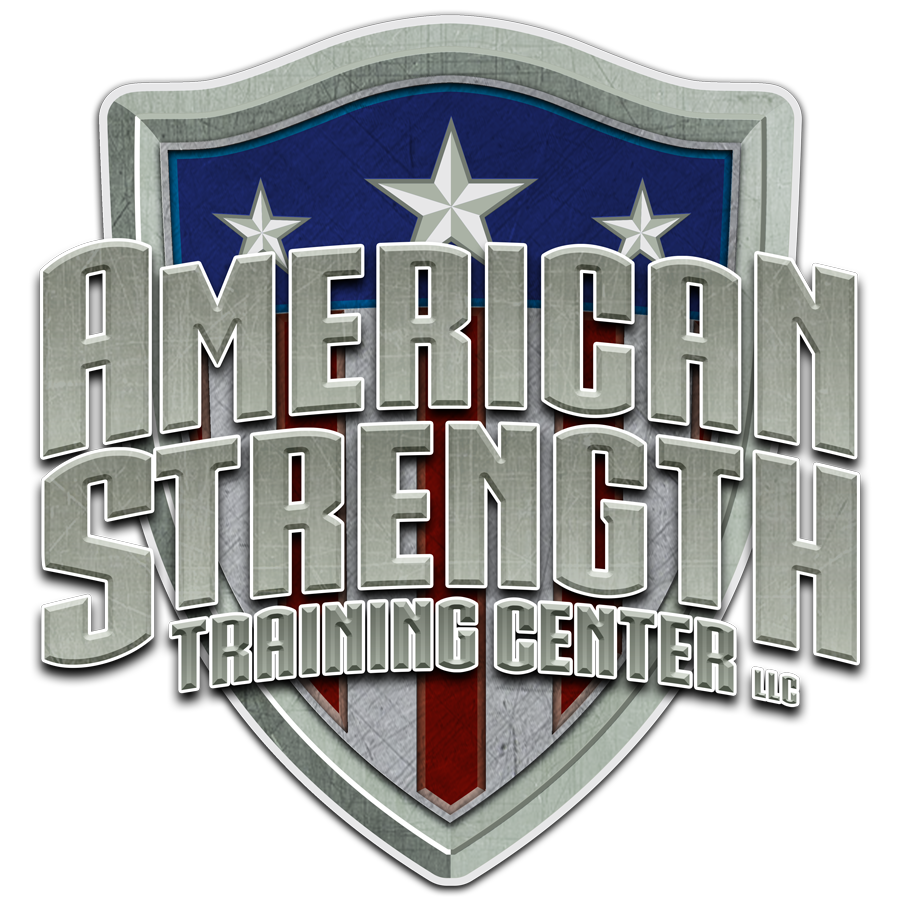Optimizing Nutrition for Strength Training: What to Eat and When
Written by Nutrition Coach Angela Nguyen, American Strength Nutrition Coaching
When it comes to strength training, what you put into your body is just as important as what you lift. Proper nutrition fuels your workouts, aids in recovery, and helps build lean muscle mass. At American Strength, we want you to get the most out of your training, and that starts with dialing in your nutrition. In this post, I’ll cover effective pre- and post-workout nutrition strategies, share my top supplement recommendations, and provide some meal ideas to support your strength training goals.
The Basics of Strength Training Nutrition
When building strength, your nutrition should focus on three primary goals: maximizing energy for your workouts, supporting muscle recovery, and maintaining or building muscle mass. This means paying close attention to the balance of macronutrients—protein, carbohydrates, and fats—as well as the timing of your meals.
Macronutrient Breakdown for Strength Athletes:
Protein: Supports muscle repair and growth. Aim for 1.2–2.2 grams of protein per kilogram of body weight daily.
Carbohydrates: Provide energy to fuel your workouts and replenish glycogen stores. Depending on your training intensity, aim for 3–7 grams of carbohydrates per kilogram of body weight.
Fats: Support hormone production and overall health. Keep fats at 20–35% of your total caloric intake.
Pre-Workout Nutrition: Fueling for Performance
Pre-workout nutrition is all about providing your body with the energy it needs to perform at its best. The goal is to consume a balanced meal 2–3 hours before training that includes a combination of protein and carbohydrates. If you’re short on time, a small snack 30–60 minutes before your workout can still make a big difference.
Pre-Workout Meal Ideas:
Chicken breast with sweet potatoes and a side of steamed veggies.
Greek yogurt with berries and a drizzle of honey.
Oatmeal with a scoop of protein powder and a banana.
Quick Pre-Workout Snacks:
Nutrabio Whey Isolate Protein Shake with a small apple.
Rice cakes topped with almond butter and banana slices.
A handful of pretzels with a protein shake.
Pairing protein with carbs ensures that your muscles have the amino acids they need for repair and growth, while the carbohydrates provide a steady energy source to sustain you through intense training sessions.
Post-Workout Nutrition: Recovery and Muscle Growth
Post-workout nutrition is critical for kickstarting the recovery process and promoting muscle growth. The focus should be on replenishing glycogen stores and providing your body with the building blocks it needs to repair muscle tissue.
Aim to consume your post-workout meal or snack within 30–60 minutes of finishing your session. This “anabolic window” is when your body is most receptive to nutrient uptake.
Post-Workout Meal Ideas:
Grilled salmon with quinoa and roasted vegetables.
Lean ground turkey with jasmine rice and avocado.
Scrambled eggs with spinach and whole grain toast.
Quick Post-Workout Snacks:
Nutrabio 100% Whey Isolate Protein Powder mixed with water or milk.
A protein bar with low sugar content.
Cottage cheese with pineapple chunks.
Supplement Recommendations: Supporting Your Strength Goals
Supplements can play a supportive role in optimizing your nutrition and performance, especially when combined with a solid diet. Here are my top Nutrabio supplement recommendations for strength athletes:
Nutrabio Creatine Monohydrate: Creatine is one of the most researched and effective supplements for increasing strength and power. It helps replenish ATP stores, allowing you to push harder during high-intensity workouts.
Nutrabio Whey Isolate Protein Powder: This fast-digesting protein provides essential amino acids to support muscle repair and growth, making it ideal for both pre- and post-workout nutrition.
Nutrabio Omega-3 Fish Oil: Omega-3 fatty acids support heart health, reduce inflammation, and improve joint function—perfect for athletes pushing their bodies to the limit.
Nutrabio D3/K2: Supports bone health and aids in calcium absorption, helping you maintain a strong skeletal system while you lift heavy weights.
Meal Timing and Frequency: What’s Best?
The number of meals you eat per day can depend on your personal preference, but it’s generally a good idea to eat every 3–4 hours to keep energy levels stable and provide your muscles with a steady supply of nutrients. Aim to balance each meal with a mix of protein, carbohydrates, and healthy fats.
If you’re training early in the morning or late at night, pay extra attention to how you time your meals. Eating a small, balanced meal an hour before a morning workout or having a protein-rich meal shortly after an evening training session can help optimize your performance and recovery.
Putting It All Together: Building a Nutrition Plan That Works
Creating a nutrition plan that supports your strength training goals can be challenging, but it doesn’t have to be complicated. Focus on building balanced meals, timing them to support your workouts, and including high-quality supplements to fill in any gaps.
If you need additional guidance on optimizing your nutrition, reach out to schedule a consultation with our coaching team at American Strength. We offer personalized nutrition coaching to help you achieve your goals, whether you’re aiming to build muscle, lose fat, or improve your performance.
Ready to fuel your strength? Contact us today to get started!


